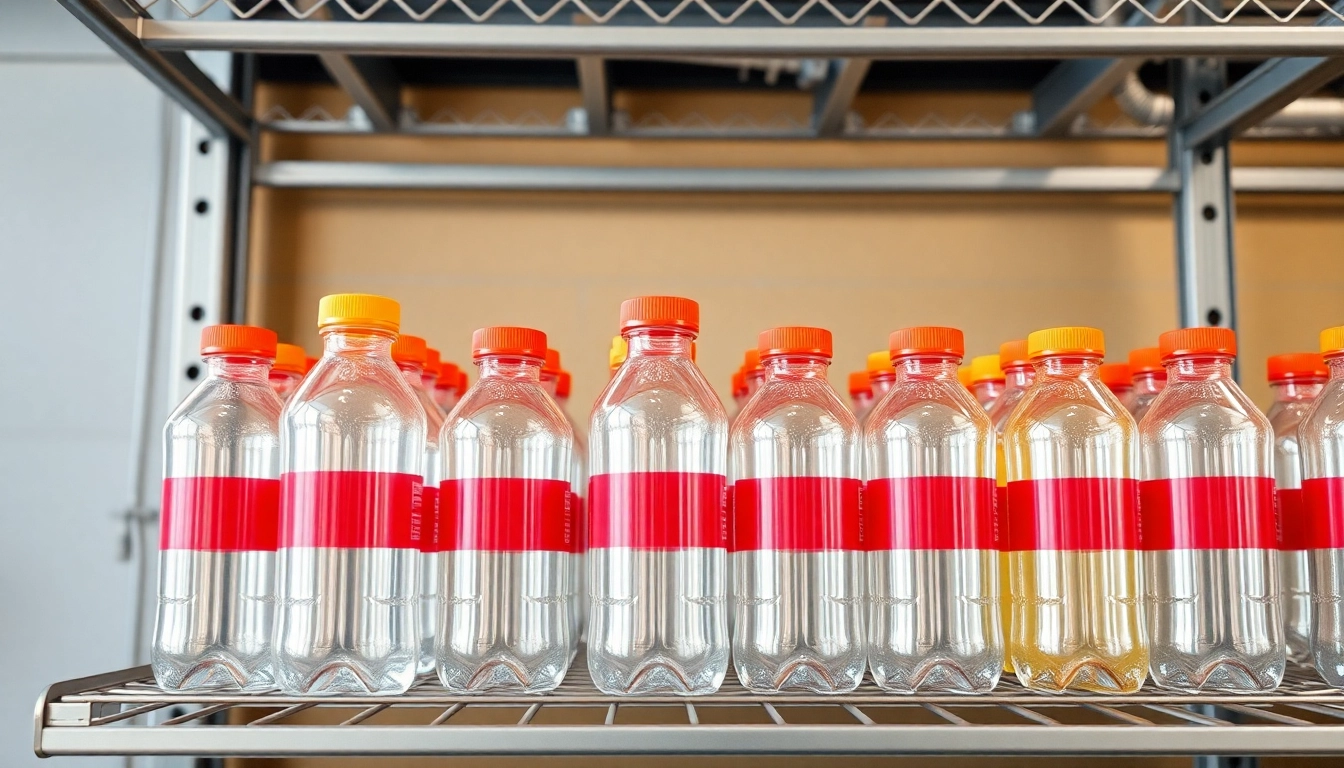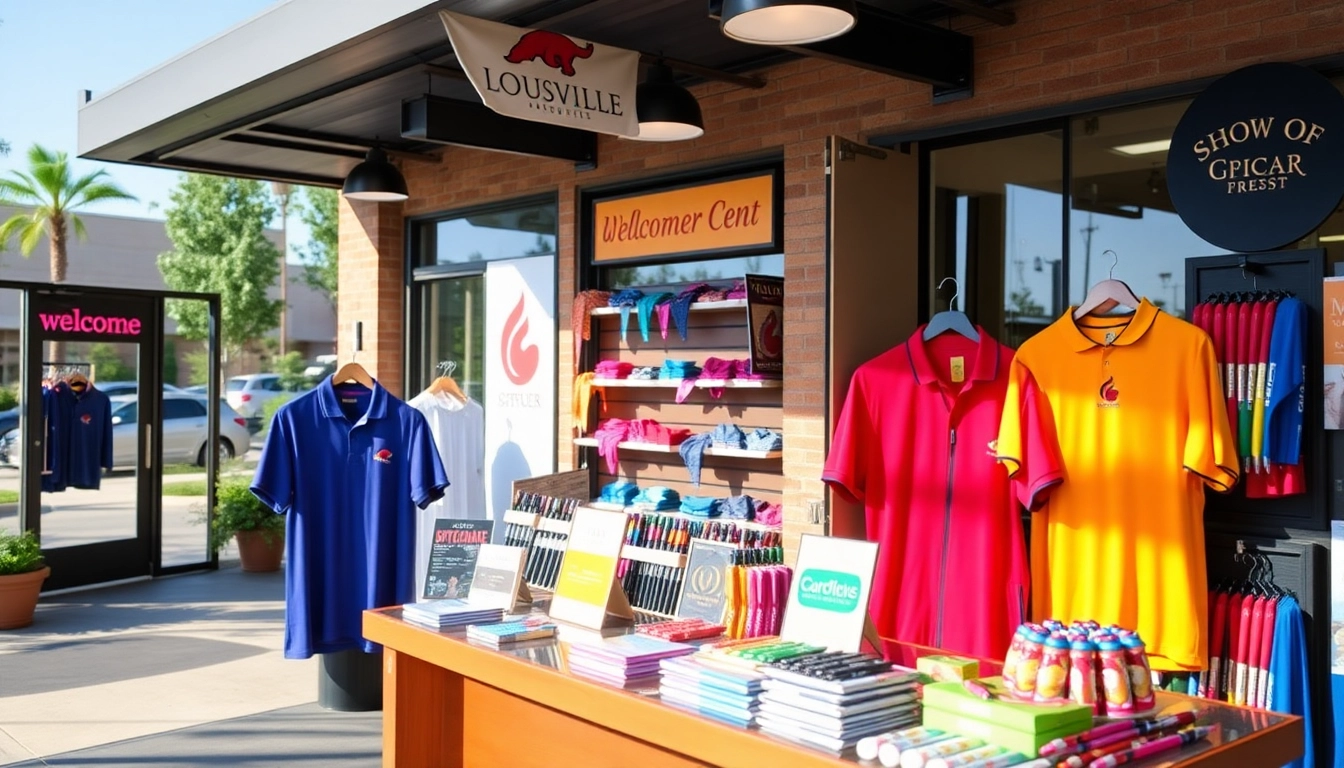Understanding the Role of a Hotel Towel Supplier in Hospitality Success
In the fast-paced world of hospitality, the quality and reliability of guest amenities play a pivotal role in shaping guests’ perceptions and overall experience. Among these amenities, hotel towels stand out as a fundamental element that combines guest comfort, brand image, and operational efficiency. Selecting the right Hotel Towel supplier is not merely a procurement decision—it’s a strategic move that can significantly influence guest satisfaction, operational costs, and environmental impact.
Key qualities of reliable towel suppliers
Reliability in a towel supplier translates to consistent product quality, timely delivery, and excellent customer service. A trustworthy supplier should demonstrate the ability to provide towels that meet international standards, durable enough to withstand frequent washing and usage, and customizable to match your hotel’s branding. They should have transparent sourcing practices, adhere to safety and sustainability standards, and possess a solid reputation within the hospitality industry.
How sourcing quality towels impacts guest satisfaction
The tactile experience of a soft, plush towel contributes greatly to a guest’s perception of overall service quality. High-quality towels made from premium materials like combed cotton or eco-friendly fibers enhance the guest’s sense of luxury and comfort. Conversely, poorly manufactured towels that feel rough or disintegrate quickly can undermine your hotel’s reputation. Therefore, sourcing from reputable hotel towel suppliers ensures that your guests consistently enjoy an elevated experience, fostering loyalty and positive reviews.
Evaluating supplier reputation and product consistency
Assessing a supplier’s reputation involves reviewing client testimonials, checking industry references, and examining case studies. Consistency is critical—your supplier should deliver uniform quality across multiple batches, preventing issues like color fading, shrinkage, or uneven texture. Regular audits, quality control protocols, and transparent communication channels contribute to maintaining high standards and building a resilient supply chain.
Choosing the Right Hotel Towel Supplier for Your Business Needs
Factors to consider: material, GSM, customization options
Choosing a towel supplier begins with understanding your specific requirements. Material selection is crucial—100% combed cotton towels offer softness and durability, while bamboo or recycled fibers appeal to eco-conscious brands. GSM (grams per square meter) indicates towel thickness; for luxury hotels, 450-650 GSM provides a plush feel, whereas lighter options like 350 GSM are suitable for pool or beach towels. Additionally, customization options such as embroidery, logo printing, or color matching enable branding consistency and differentiation in a competitive market.
Cost analysis: balancing quality and budget
While cost is a significant consideration, it should not compromise quality. Bulk purchasing from established suppliers might reduce unit costs, but ensuring that towels meet your guest experience standards is vital. Conducting a total cost of ownership analysis—including maintenance, replacement frequency, and laundering expenses—will help determine the optimal balance between affordability and longevity.
Assessing lead times and order flexibility
Operational efficiency depends on reliable lead times and flexible order quantities. During peak seasons or when scaling operations, delays can disrupt smooth service delivery. A responsive supplier with scalable production capacity and flexible minimum order requirements ensures your inventory remains steady and your guests receive consistent service.
Best Practices for Managing Hotel Towel Supply Chains
Establishing effective communication channels
Clear and ongoing communication with your towel supplier assures transparency and quick resolution of issues. Regular updates on order status, quality feedback, and demand forecasts foster a collaborative relationship. Utilizing digital platforms and order management tools can streamline this process, minimizing errors and enhancing responsiveness.
Implementing quality control procedures
Instituting rigorous quality checks at various stages—from raw material inspection to final delivery—ensures towels meet standards. Sample testing, batch verification, and international certifications (e.g., OEKO-TEX, ISO) help detect defects early, reducing waste and unsatisfied guests.
Forecasting demand to prevent shortages
Accurate forecasting based on occupancy rates, seasonal trends, and renovation schedules enables proactive inventory management. Maintaining safety stock levels and establishing reorder points prevent shortages, especially during critical periods, thus safeguarding guest satisfaction and operational continuity.
Innovative Trends and Eco-Friendly Options in Hotel Towels
Sustainable materials and eco-conscious dyeing
The industry is increasingly shifting toward environmentally sustainable materials such as organic cotton, bamboo, and recycled fibers. Eco-friendly dyeing processes reduce water and chemical usage, aligning hotels with green initiatives and appealing to environmentally aware guests.
Smart textiles and antimicrobial fabrics
Emerging technologies include antimicrobial fabrics that inhibit bacteria growth, enhancing hygiene and reducing washing frequency. Smart textiles with moisture-wicking or temperature regulation capabilities further elevate the guest experience while improving operational efficiency.
Packaging and waste reduction strategies
Innovative packaging solutions, such as biodegradable wraps and bulk shipments, minimize waste. Recycling programs for used towels and implementing water-saving laundering techniques contribute toward a hotel’s sustainability goal and reduce environmental footprints.
Measuring Performance and Improving Guest Experience
Guest feedback and towel quality metrics
Regularly collecting guest feedback regarding towel softness, absorbency, and overall satisfaction offers insights for continual improvement. Monitoring key metrics like product defect rates and laundering costs helps identify operational areas needing attention.
Training staff on towel maintenance and handling
Educating housekeeping staff on proper towel handling, storage, and laundering extends towel lifespan and maintains quality. Knowledge about selecting appropriate detergents and drying techniques safeguards towels’ integrity and enhances guest experience.
Continuous improvement through supplier partnerships
Building strategic relationships with your towel supplier fosters innovation and adaptability. Sharing feedback, aligning on quality standards, and exploring new materials or trends ensure your hotel stays ahead in guest satisfaction and operational excellence.














